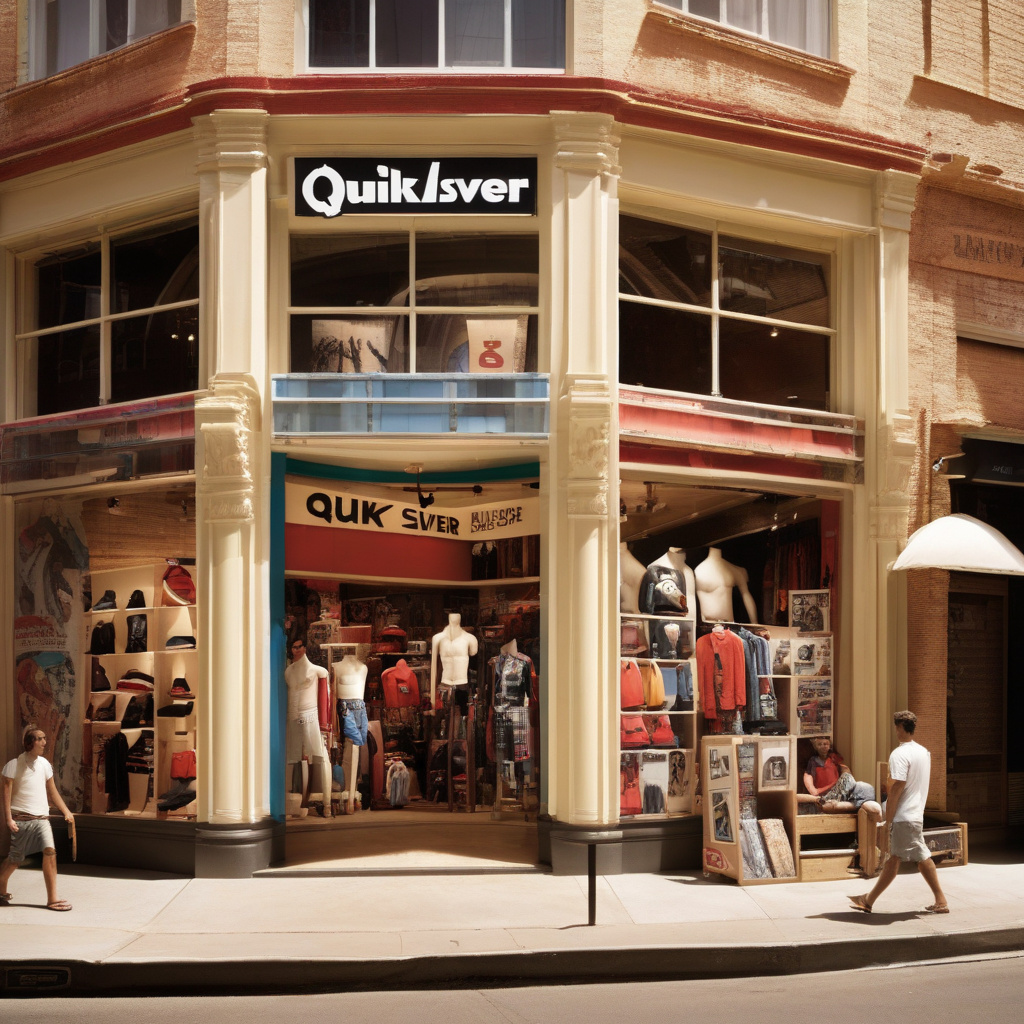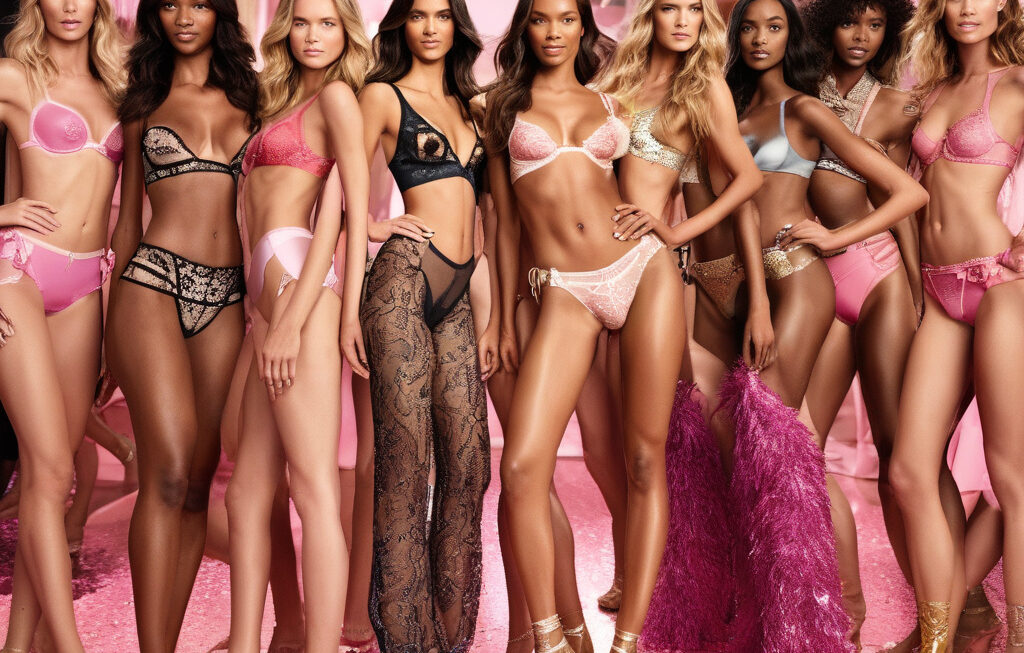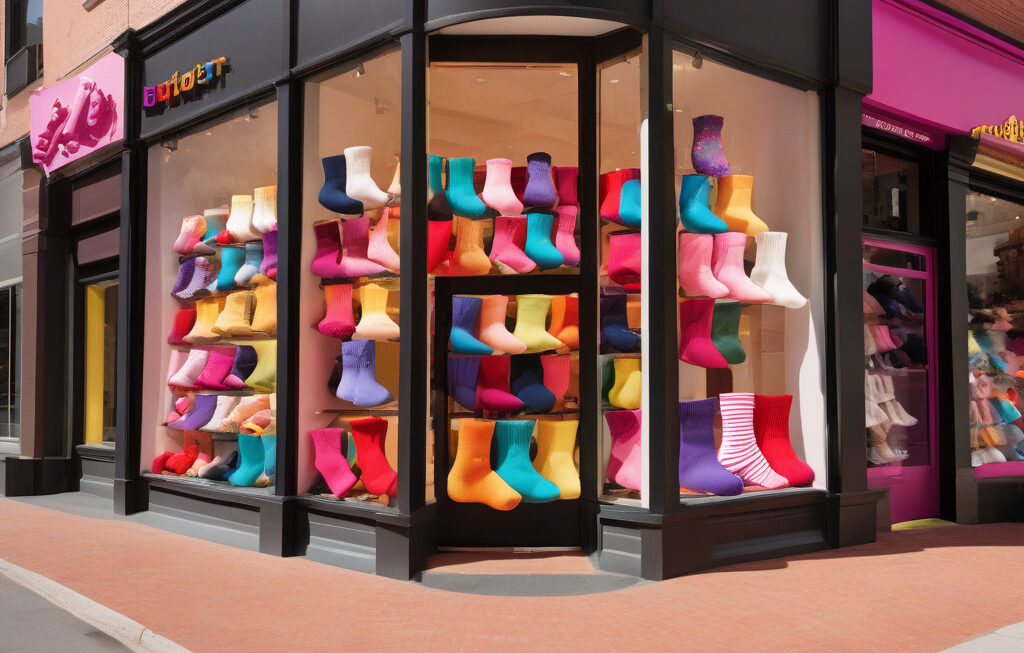Quiksilver, Billabong Retailer Liberated Brands Files Bankruptcy
Liberated Brands, the parent company of popular surfwear brands Quiksilver and Billabong, has recently made headlines by filing for bankruptcy. The retailer cited shifting consumer preferences towards fast fashion and rising costs as the primary reasons behind its financial struggles. This move marks a significant shift in the retail landscape, reflecting the challenges faced by traditional apparel brands in an ever-changing market.
The rise of fast fashion has revolutionized the way consumers shop for clothing. With the advent of online shopping and social media influencers, trends come and go at a rapid pace, prompting shoppers to seek out affordable and trendy options. This shift has put pressure on traditional retailers like Liberated Brands, whose focus on surf and skate culture may no longer align with the preferences of today’s consumers.
In addition to changing consumer tastes, rising costs have also played a significant role in Liberated Brands’ decision to file for bankruptcy. From manufacturing expenses to rent and labor costs, operating a retail business has become increasingly challenging in the face of economic pressures. Despite efforts to streamline operations and cut costs, the company found itself unable to stay afloat in the competitive retail landscape.
As part of its bankruptcy filing, Liberated Brands has announced plans to wind down its North American operations and sell its international assets. This strategic move aims to restructure the company’s operations and focus on more profitable ventures in the global market. By shifting its resources to regions where its brands remain popular, Liberated Brands hopes to emerge from bankruptcy stronger and more resilient.
While the news of Liberated Brands’ bankruptcy may come as a surprise to loyal fans of Quiksilver and Billabong, it serves as a stark reminder of the challenges facing traditional retailers in today’s fast-paced market. To stay relevant and competitive, brands must continuously adapt to changing consumer preferences, technological advances, and economic conditions. Failure to do so can result in financial turmoil, as evidenced by Liberated Brands’ recent filing for bankruptcy.
In conclusion, the bankruptcy filing of Liberated Brands, the parent company of Quiksilver and Billabong, highlights the impact of shifting consumer preferences towards fast fashion and rising costs on traditional retailers. By taking steps to restructure its operations and focus on international markets, Liberated Brands aims to navigate the challenges ahead and emerge stronger from this financial setback.
quiksilver, billabong, bankruptcy, shifting consumer preferences, rising costs












